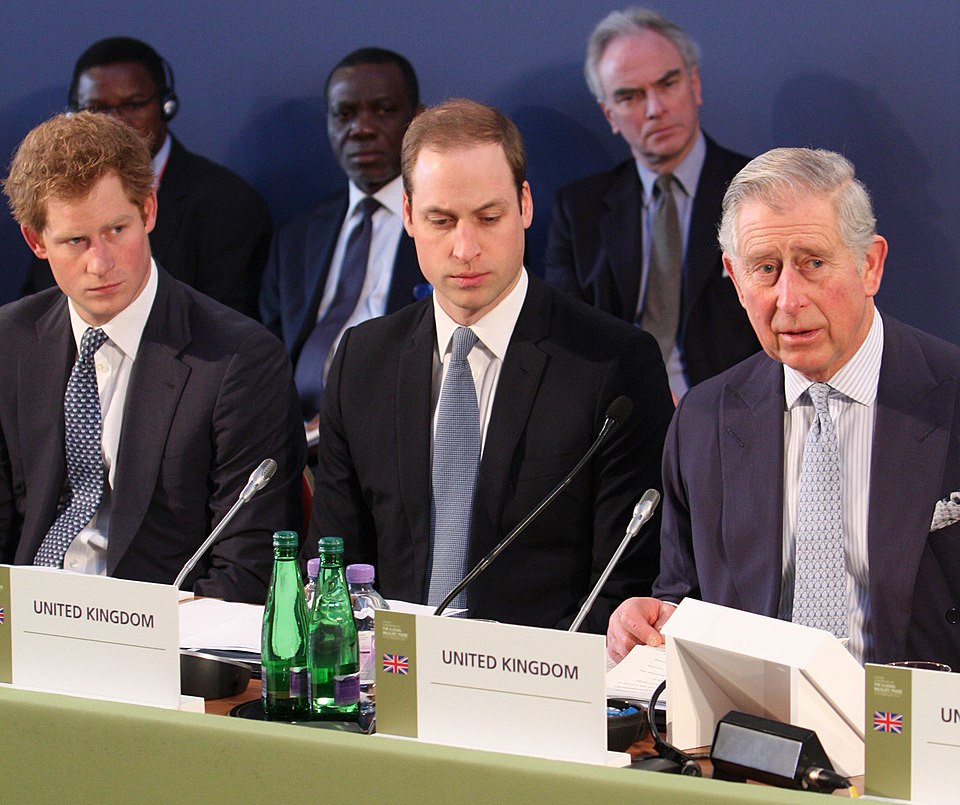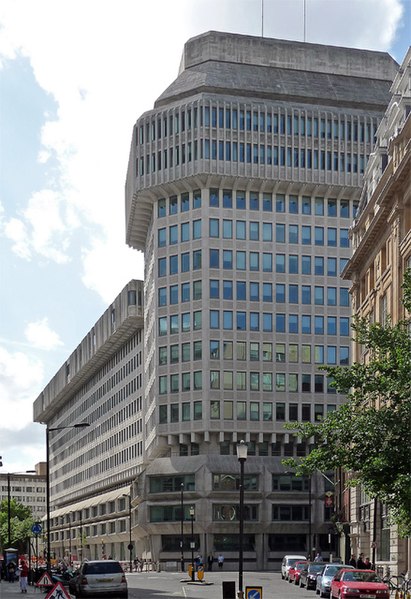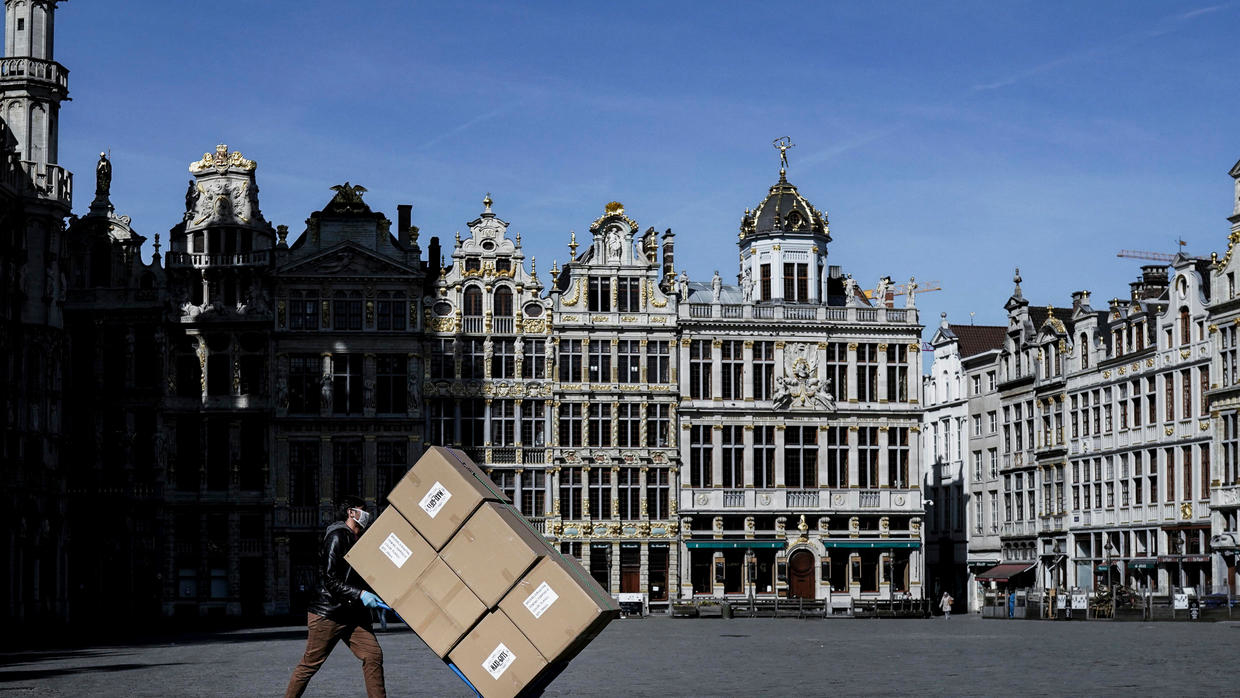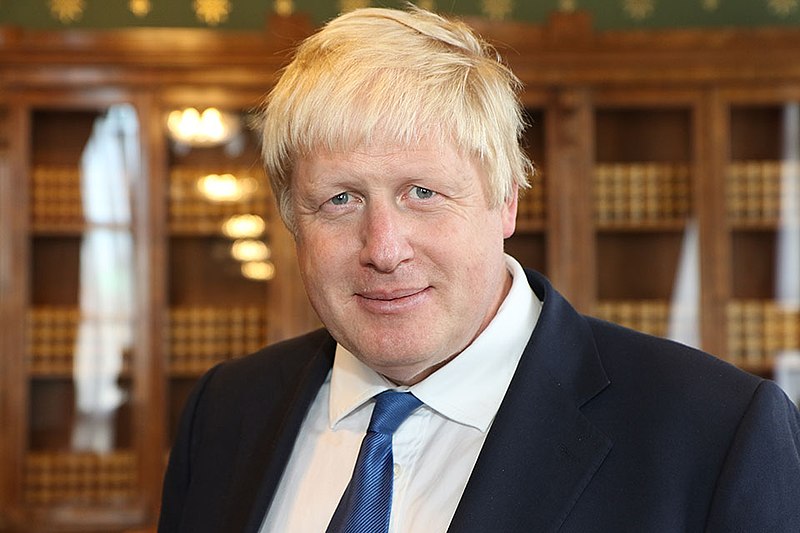
Former British soldier Daniel Khalife has been sentenced to 14 years and three months in prison after being found guilty of spying for Iran and orchestrating a dramatic escape from custody.
A betrayal of duty
Khalife, now 23, joined the British Army at the age of 16, but instead of serving his country, he betrayed it by passing sensitive military information—including the names of special forces personnel—to Iranian intelligence. His espionage activities, which began shortly after his enlistment in 2018, led to his arrest in January 2022. A year later, he was officially charged under the Official Secrets Act and the Terrorism Act.
The escape that sparked a manhunt
In September 2023, months before his trial, Khalife escaped from Wandsworth Prison by strapping himself to the underside of a food delivery truck. His breakout triggered a nationwide search that lasted 75 hours and cost authorities over £250,000 in overtime. He was eventually apprehended by plainclothes officers while riding a stolen bike along a canal towpath in London.
During sentencing, Mrs. Justice Cheema-Grubb condemned Khalife’s actions, stating that he had “the makings of an exemplary soldier” but instead chose to be “a dangerous fool.” She also highlighted his apparent desire for notoriety, saying, “You are an attention seeker and enjoyed the publicity following your escape.”
Recruitment by Iranian intelligence
Khalife’s involvement with Iran reportedly began when he reached out to an individual with links to Iranian intelligence via Facebook. Over time, he developed connections with multiple Iranian contacts. His espionage activities escalated quickly—by August 2019, less than a year after enlisting, he collected a $2,000 payment in a dog waste bag from a London park.
His covert operations included traveling to Turkey in 2020 to deliver a package to Iranian agents. Prosecutors revealed that he had also gathered classified military intelligence, including lists of serving soldiers and details on surveillance and reconnaissance strategies. Some of this information was believed to have been sent to Iran before being deleted.
Failed double agent attempt
Despite his allegiance to Iran, Khalife made two anonymous calls to MI6, offering to work as a double agent. This unusual move prompted British intelligence services to investigate him in late 2021, leading to his eventual arrest.
A dangerous and reckless act
During his time in the Army, Khalife took photographs of secret communications equipment, including images of computer screens displaying classified IP addresses. The full extent of the intelligence he shared remains unknown, as much of his communication with Iranian operatives was conducted through the encrypted messaging app Telegram.
Commander Dominic Murphy, head of the Metropolitan Police’s Counter Terrorism Command, described Khalife’s actions as "extremely reckless and dangerous." The case highlights the ongoing threat posed by hostile states such as Iran and the risks associated with insider threats within the military.
Motivations and psychological profile
Khalife’s defense team portrayed him as a misguided and inept operative, likening his efforts to something out of "Scooby-Doo" rather than "James Bond." A psychological report presented in court diagnosed him with Antisocial Personality Disorder and Narcissistic Personality Disorder—conditions that may have influenced his behavior.
In a note written in 2021, Khalife claimed he had been denied high-level security clearance due to his ancestry. He stated that this rejection motivated him to start his own “intelligence operation” to prove his capabilities.
Prison security failures
Khalife’s prison escape also exposed serious security lapses at Wandsworth Prison. An audit conducted after the incident identified 81 security failings, including long-overdue CCTV upgrades. Additionally, nearly 40% of prison staff were absent on the day of his escape, raising concerns about staffing shortages and overall security.
A warning for national security
Following Khalife’s sentencing, Security Minister Dan Jarvis emphasized that the government would take all necessary measures to combat threats to national security. The case serves as a stark reminder of the dangers posed by espionage and the vulnerabilities within the prison system.
Despite his attempts to evade justice, Khalife’s actions have now resulted in a lengthy prison term, bringing an end to a saga that gripped the nation. Photo by Derek Harper, Wikimedia commons.






























































